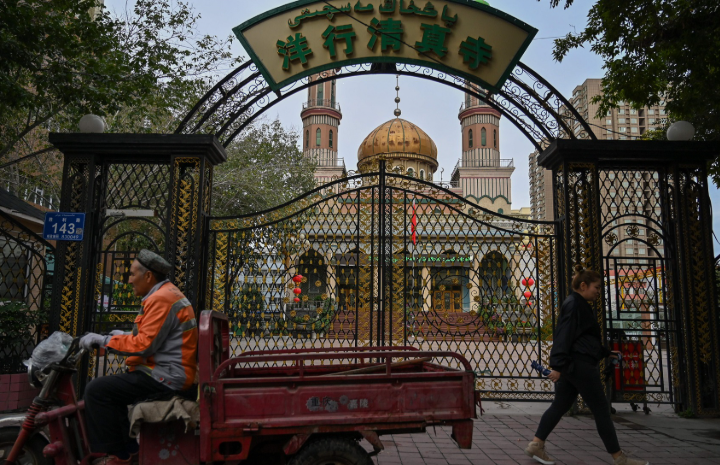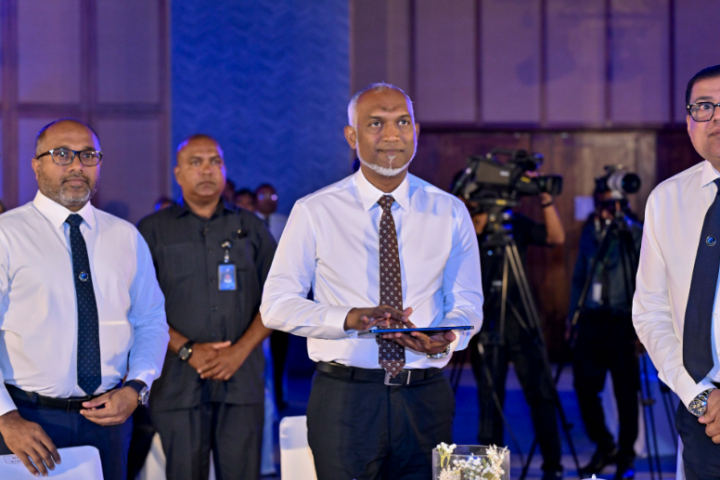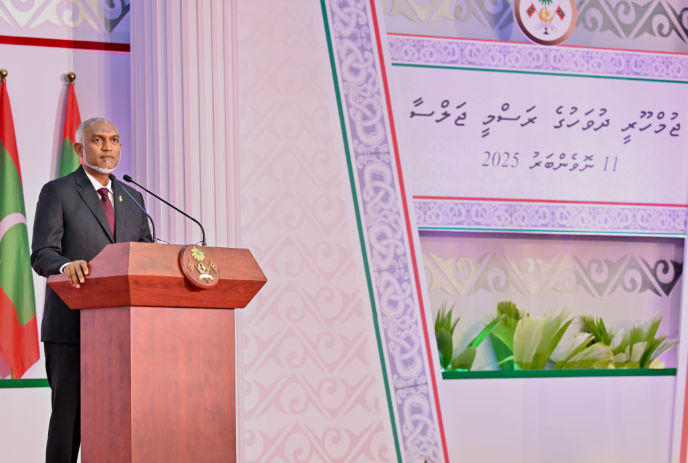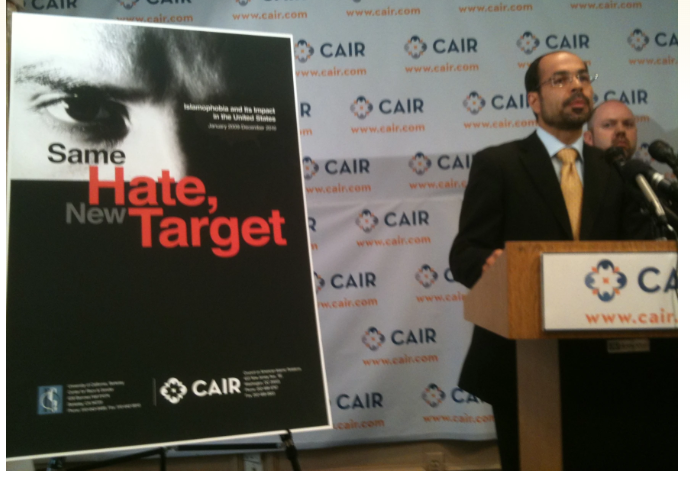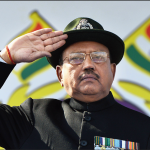In a twist that would make even the most stoic barista choke on their oat milk latte, Starbucks, the emerald-crowned titan of the coffee world, has been served a frothy cup of defeat by a Pakistani upstart named Sattar Buksh. After a 12-year legal brew-off, a judge ruled that the Karachi café’s cheeky imitation—complete with a logo sporting a mustachioed local hero—was not a brazen rip-off but a protected parody, a nod to cultural creativity that global trademark law apparently can’t quite swallow.
For a company valued at over $100 billion, this sip of humility must taste like yesterday’s cold brew. The saga began in 2013 when Starbucks, ever vigilant against logo poachers, took Sattar Buksh to court, alleging trademark infringement. But the café’s owner, with the linguistic agility of a seasoned poet, argued that “Sattar” (a common Pakistani name) and “buksh” (Urdu for servant or giver) was a playful local riff, not a corporate heist. The judge, perhaps amused by the audacity, agreed, declaring it a lawful satire under international norms.
The menu at the café offers a delightful spin on traditional fare, featuring inventive dishes such as the ‘Besharam Burger,’ a bold bun-less creation, and the ‘LOC Pizza,’ a cheeky nod to the India-Pakistan border with its split vegetarian and non-vegetarian sections. These whimsical offerings, the founders contended, underscored the café’s deep ties to local humor and originality, setting it apart as a cultural tribute rather than a mere imitation.
Cue the victory dance—and a surge in Sattar Buksh’s fame and sales, proving that a good laugh can double as a business strategy. This isn’t the first time a corporate colossus has tripped over the fine print of parody. Cast your mind back to 2016, when Louis Vuitton, the high priestess of luxury handbags, squared off against My Other Bag, a cheeky tote maker whose bags sported the phrase “My Other Bag is Louis Vuitton” alongside a cartoonish knockoff of the iconic monogram.
The U.S. courts, clutching the First Amendment like a designer clutch, ruled in favor of the underdog, deeming it a humorous commentary rather than a counterfeit conspiracy.
A 2021 study in the Journal of Intellectual Property Law suggests this trend is gaining steam, with parody defenses succeeding in about 30% of cases when intent and distinctiveness are clear—apparently, judges enjoy a good jest as much as the next consumer.
Starbucks, undeterred by this legal latte spill, might take solace in the 2023 Supreme Court ruling in Jack Daniel’s v. VIP Products, where a dog toy mimicking the whiskey brand’s label was deemed fair game for an infringement suit, not a parody free pass. But Sattar Buksh’s case suggests the coffee giant’s playbook needs a rewrite—cultural context and a dash of humor might just outmaneuver the global grind. So, as Starbucks nurses its wounds and Sattar Buksh toasts its triumph, the lesson is clear: in the wild world of trademarks, a well-timed satire can brew more than just a cup of trouble. Perhaps next time, the coffee kingpin should stick to perfecting its pumpkin spice recipe rather than tangling with the court of public wit.

